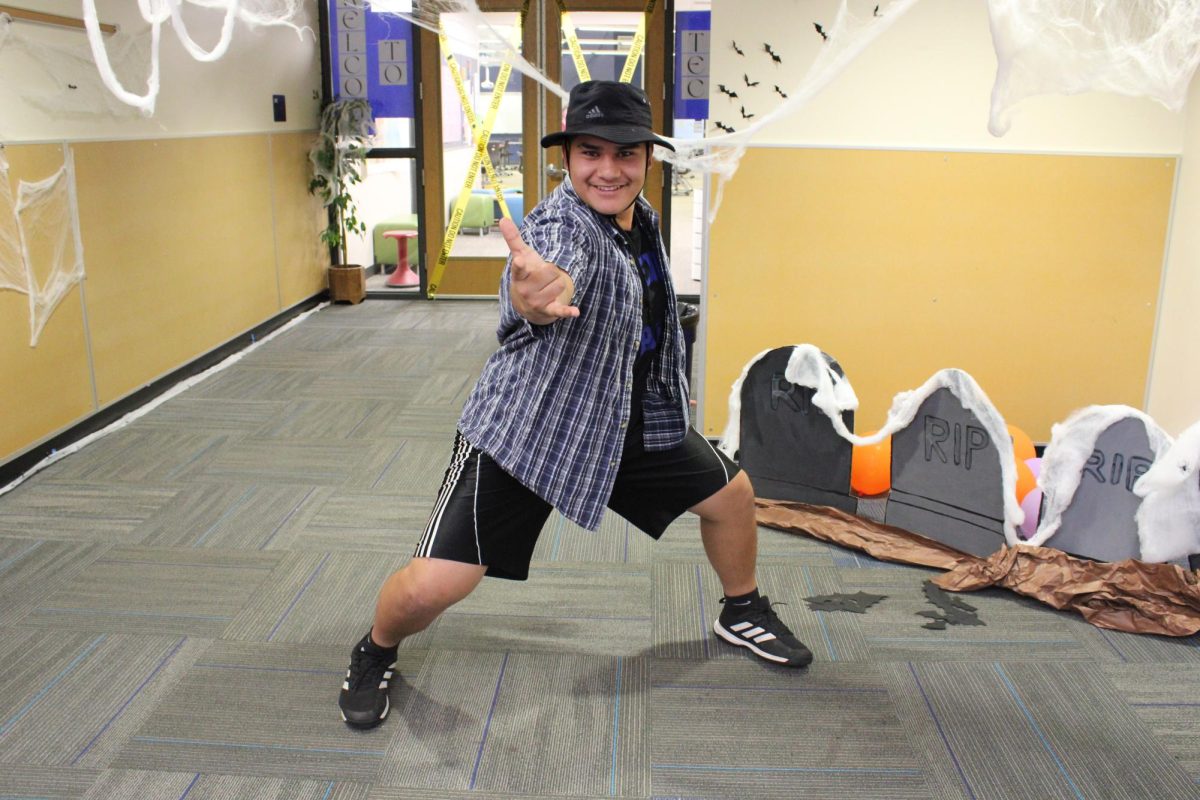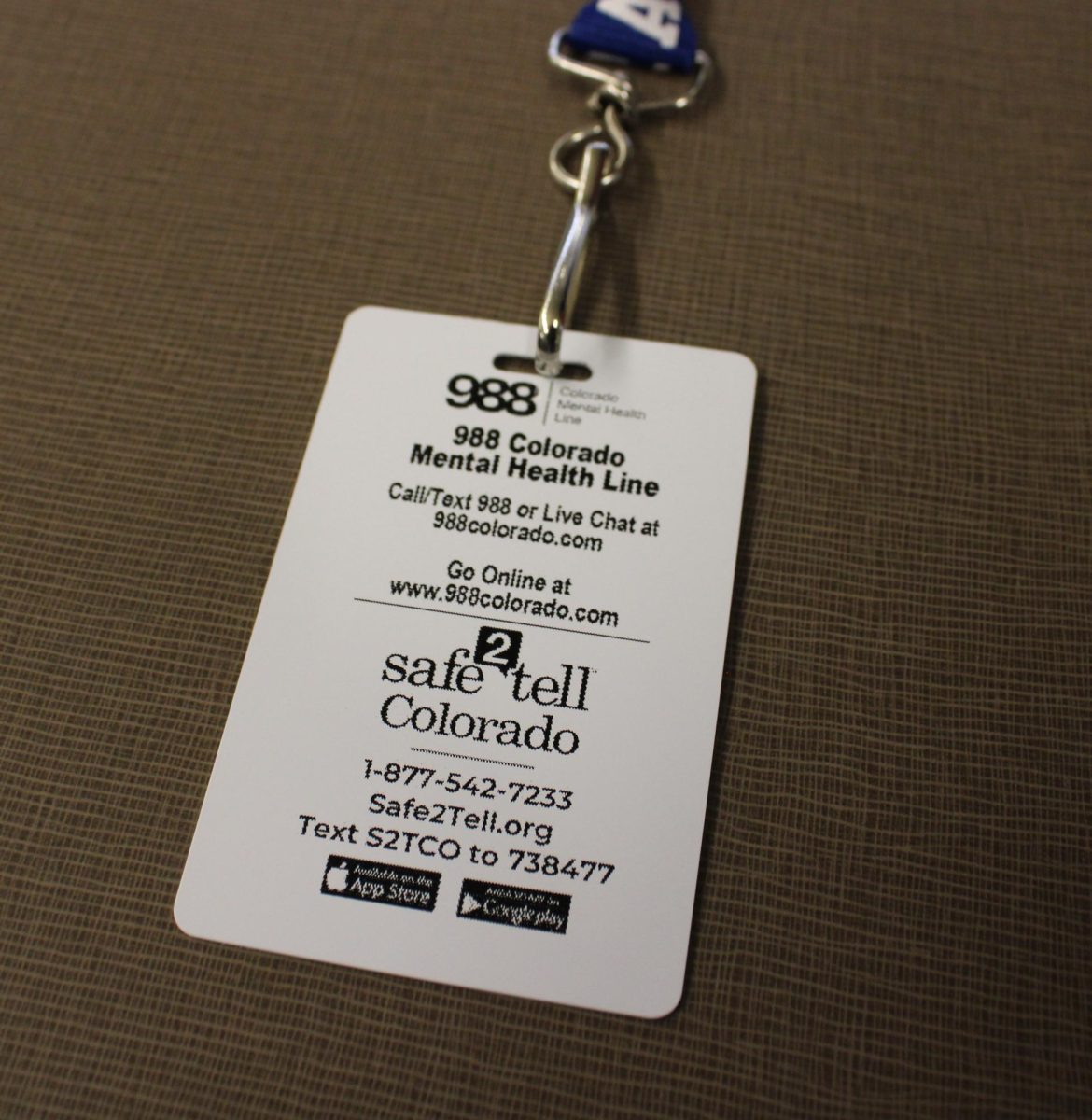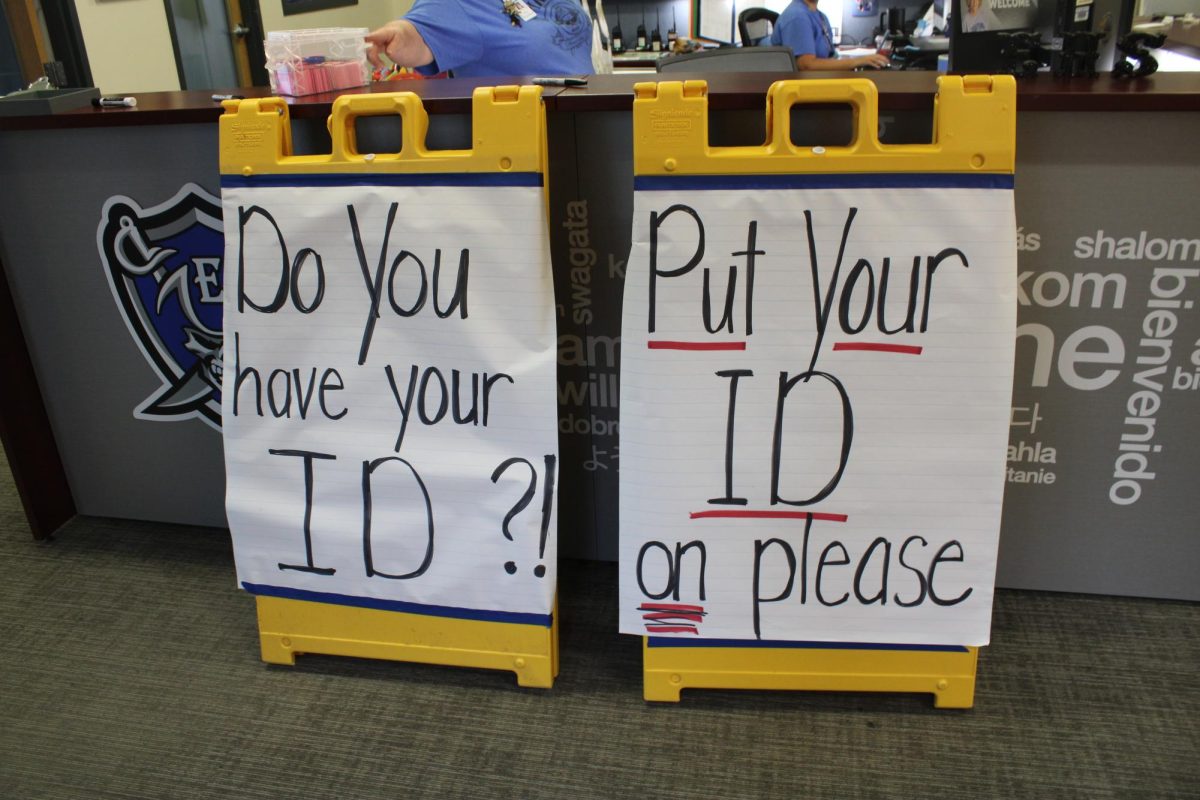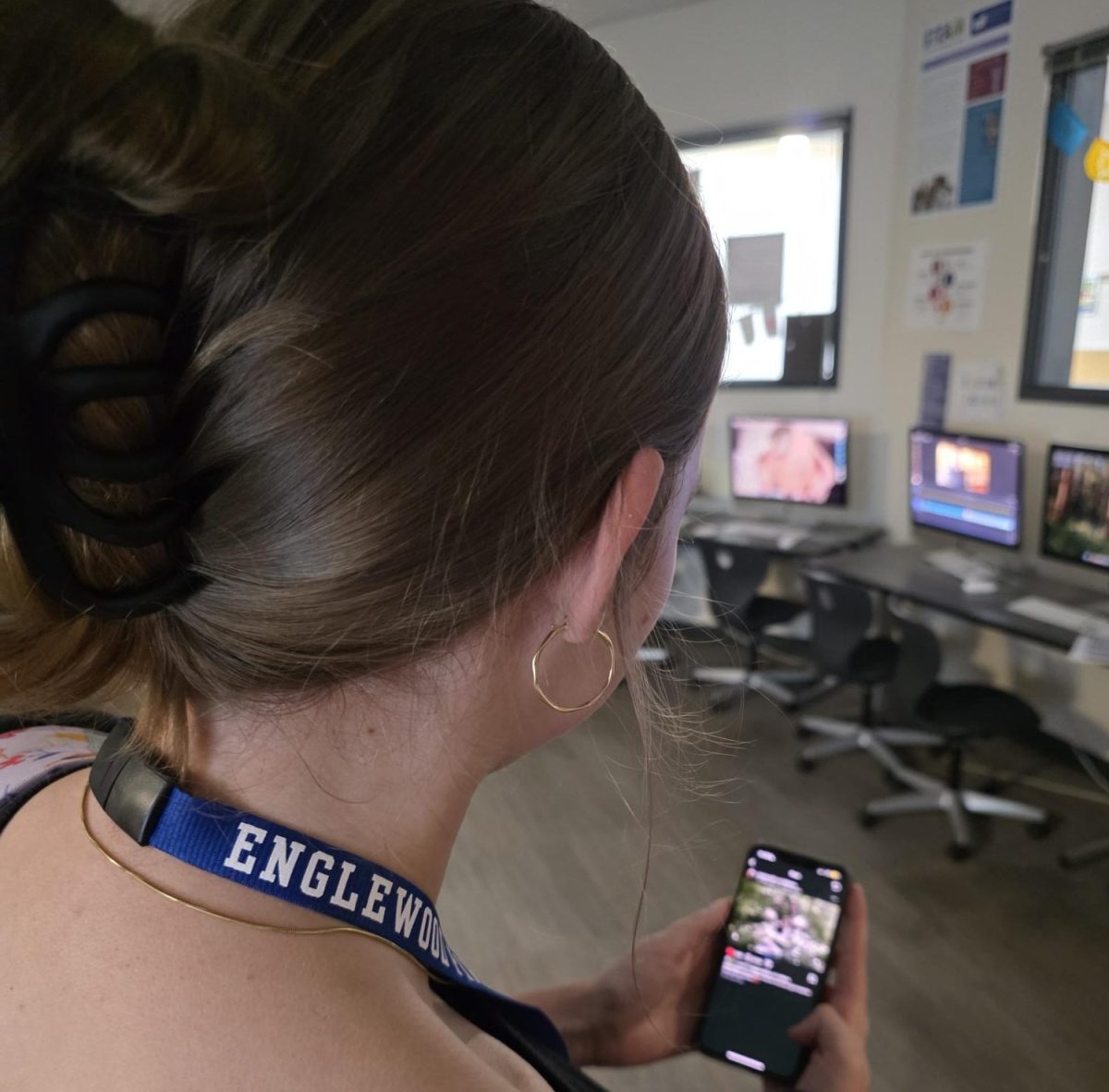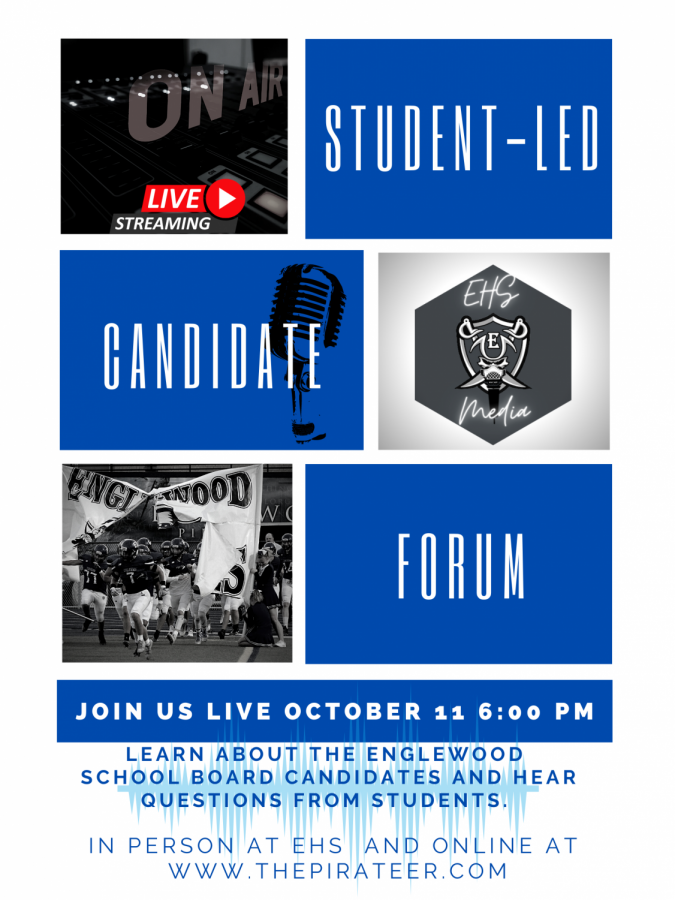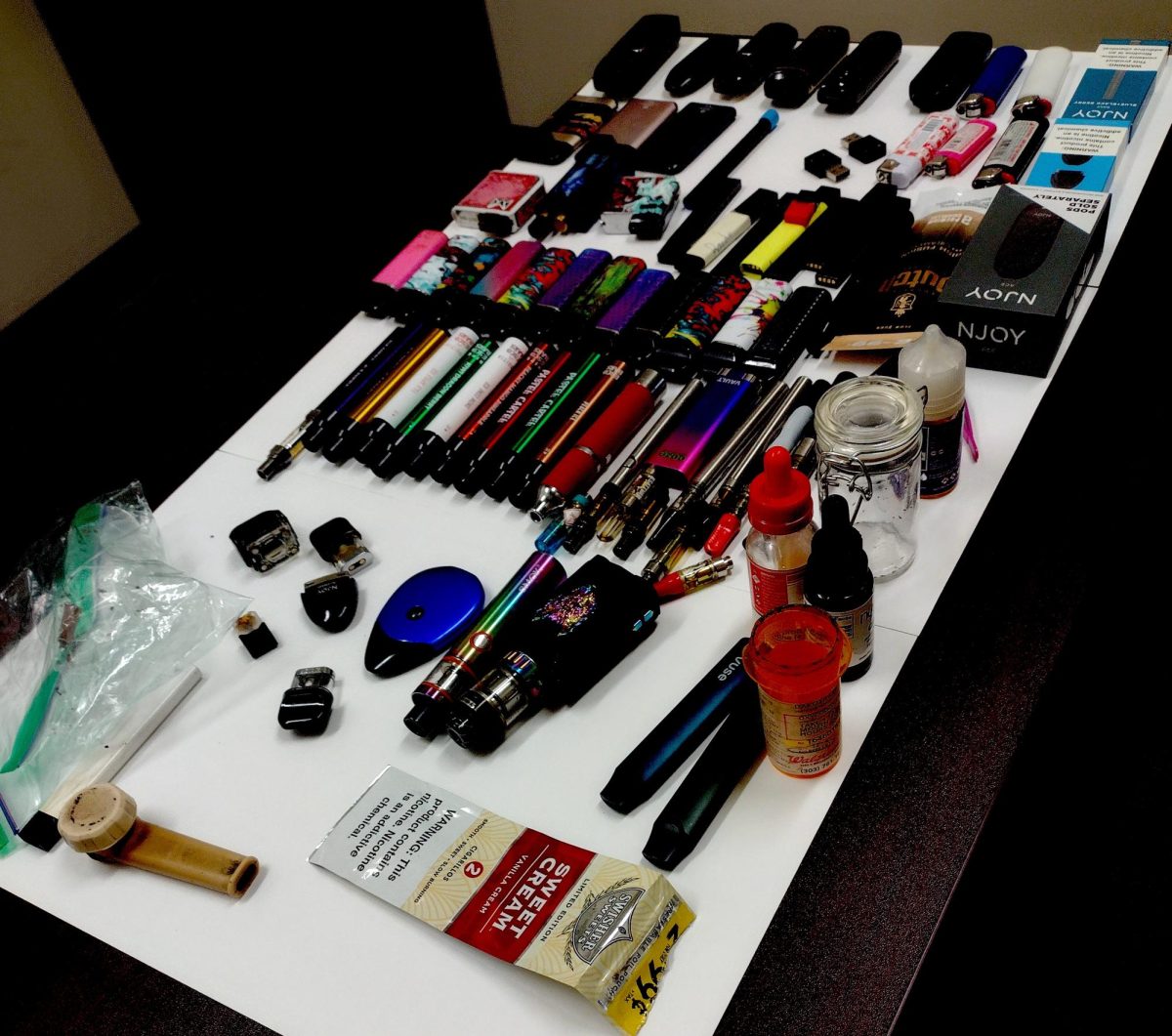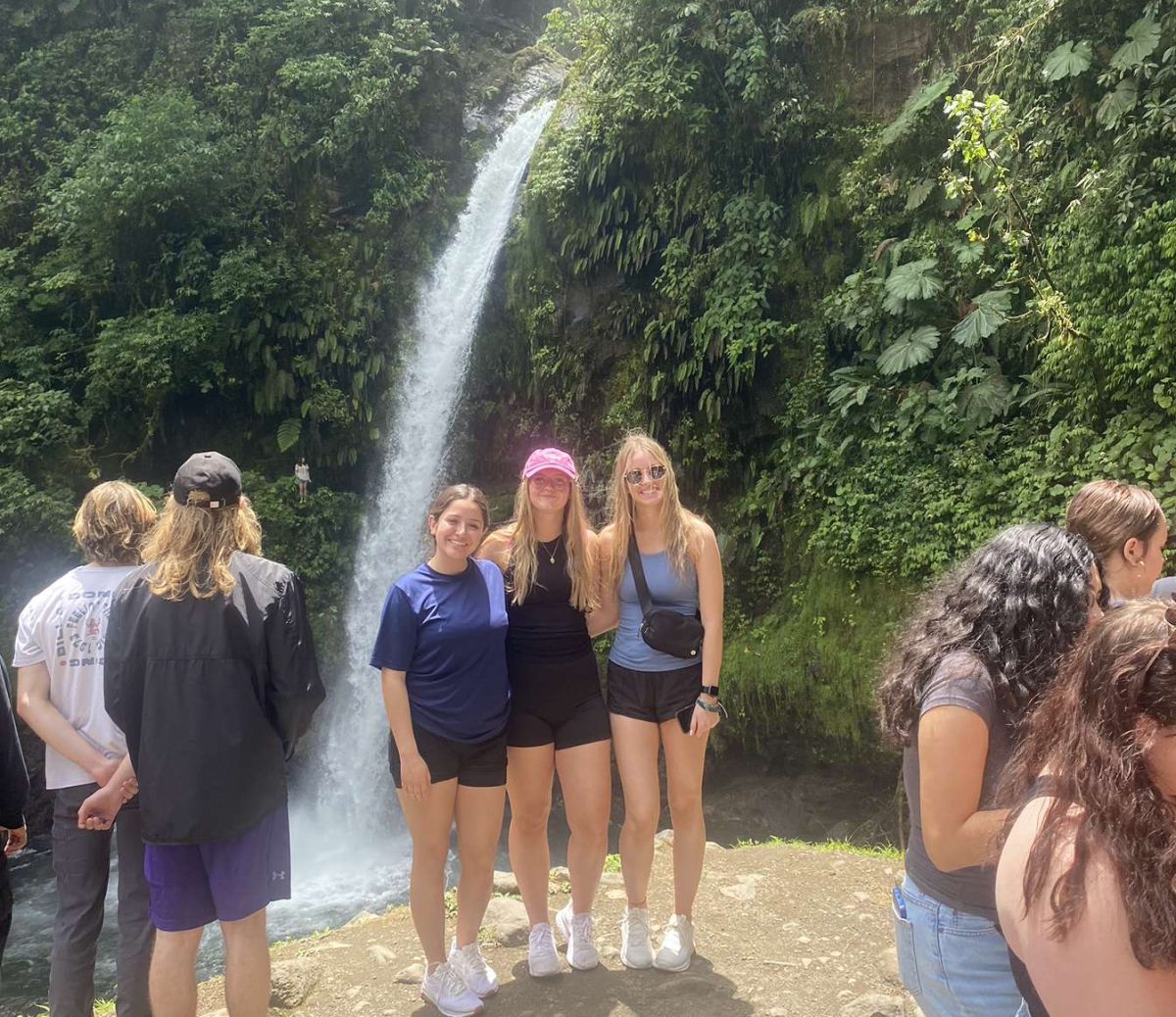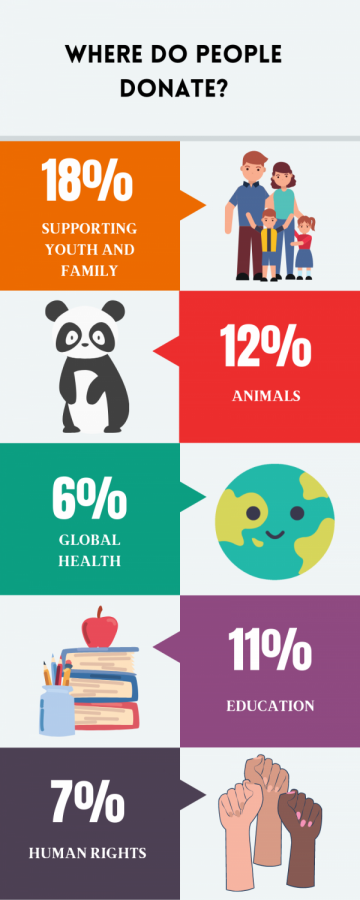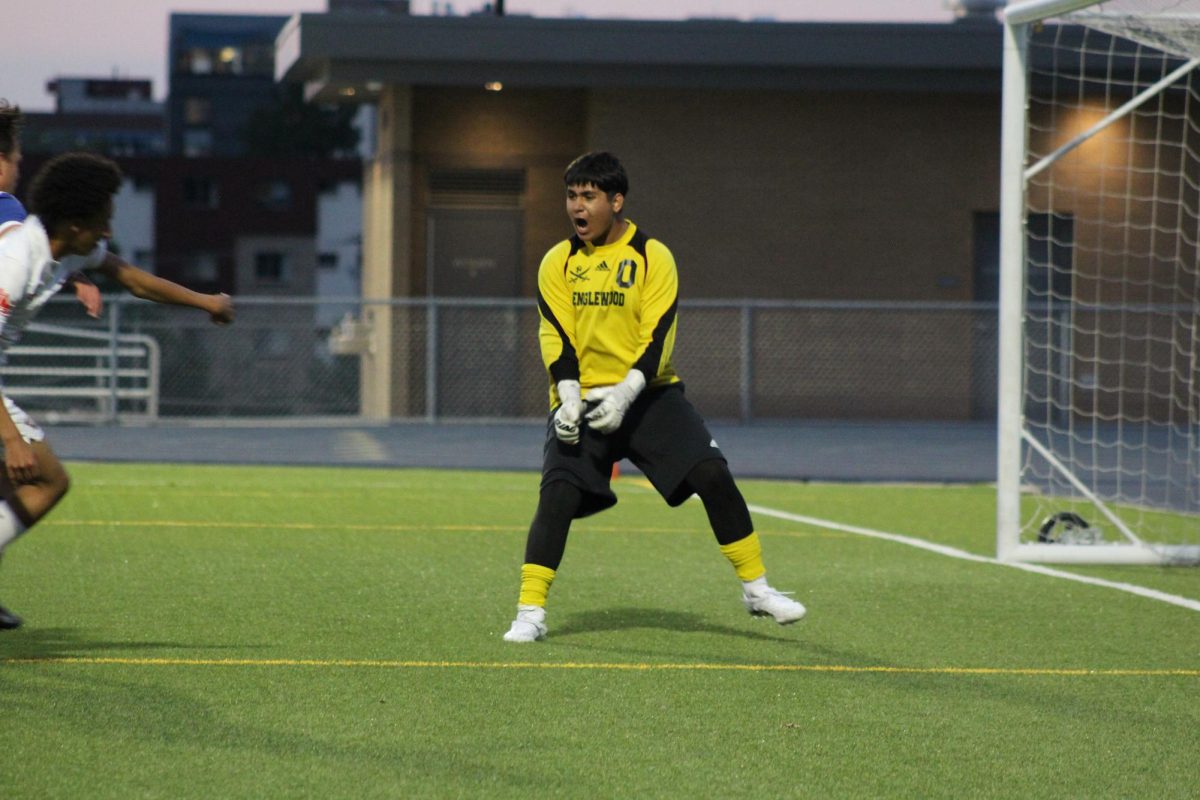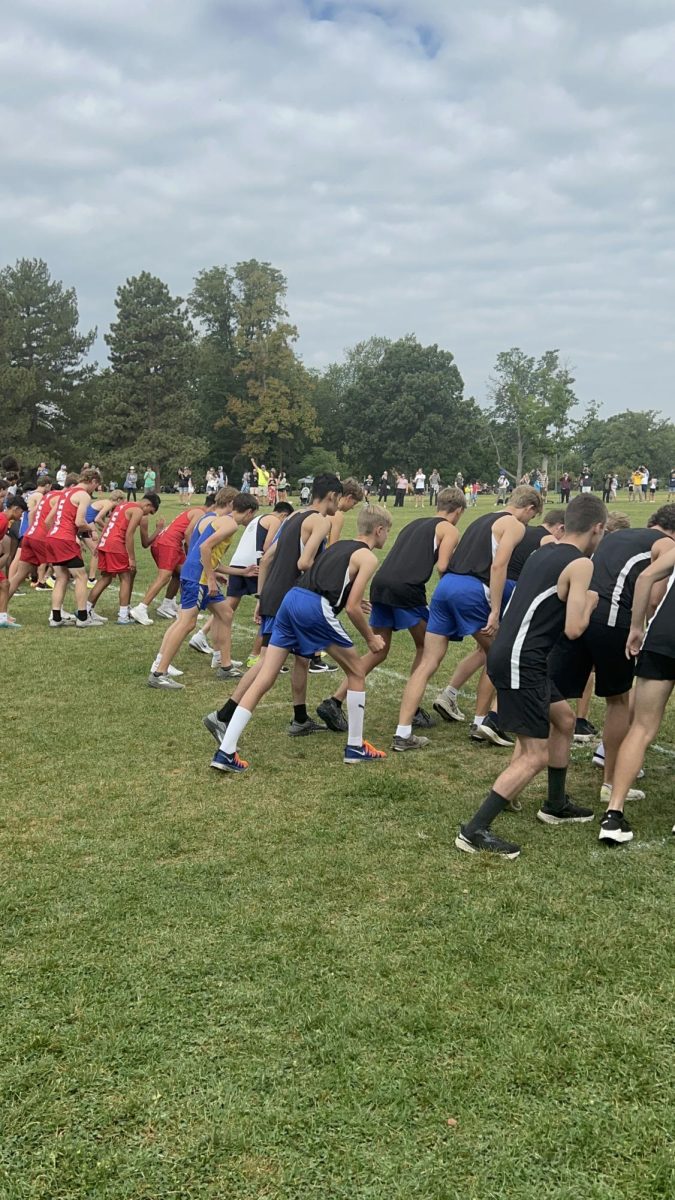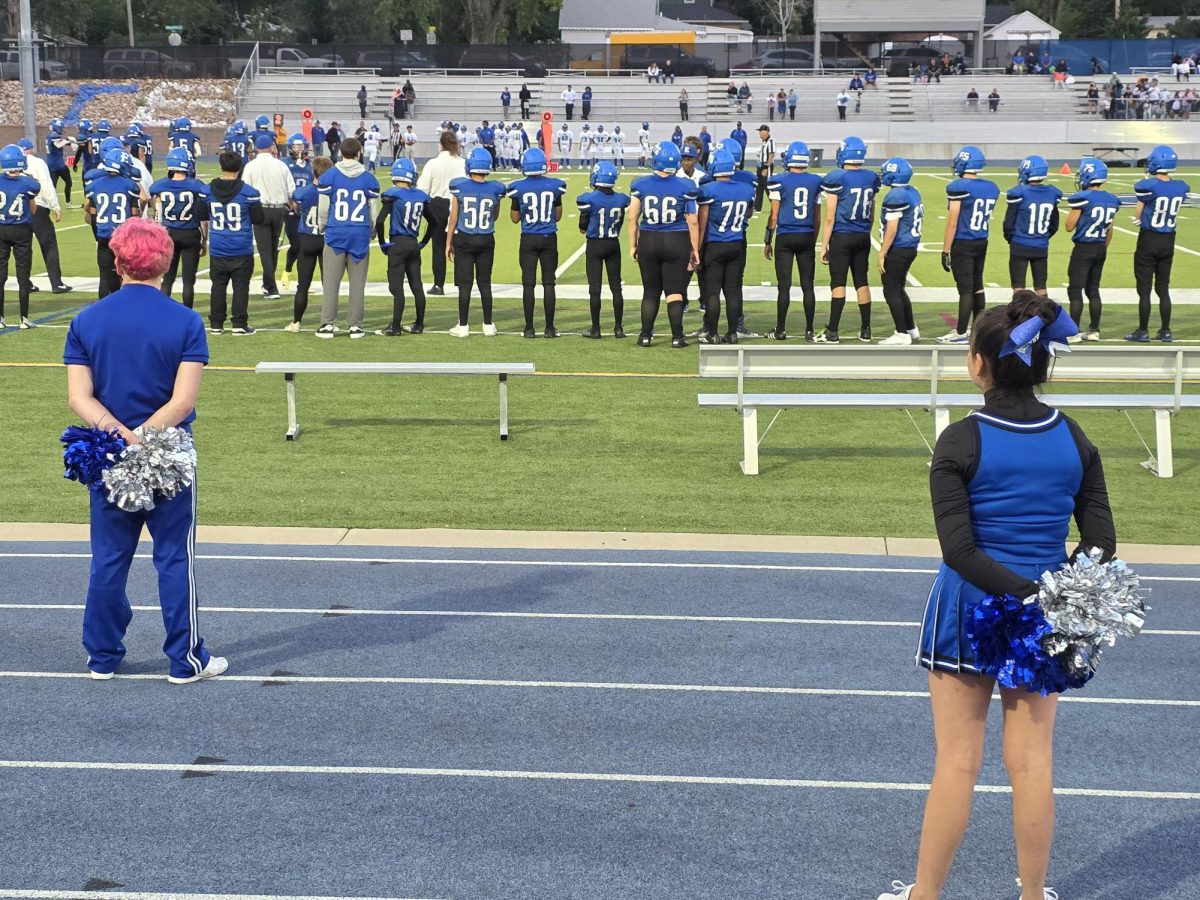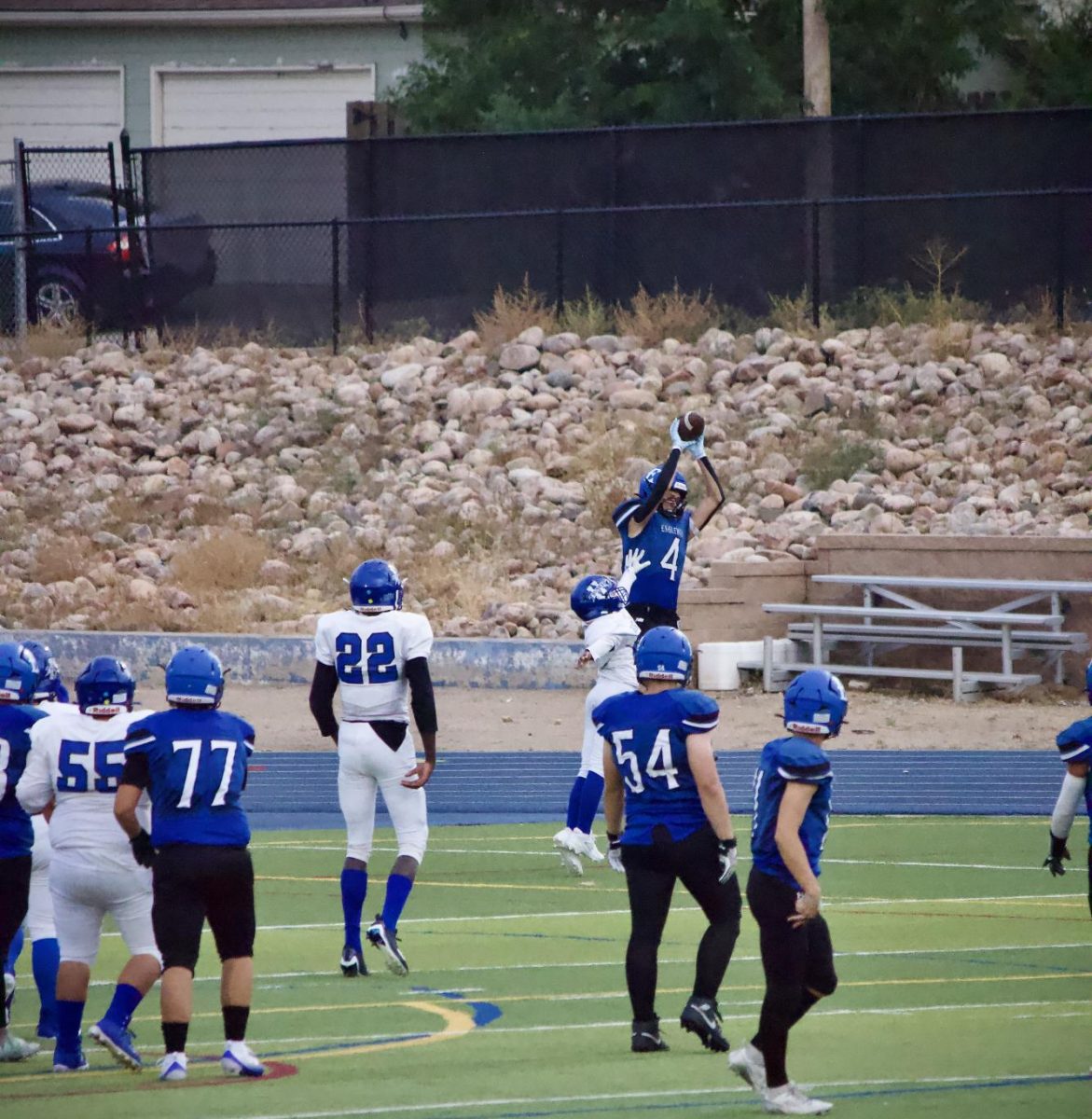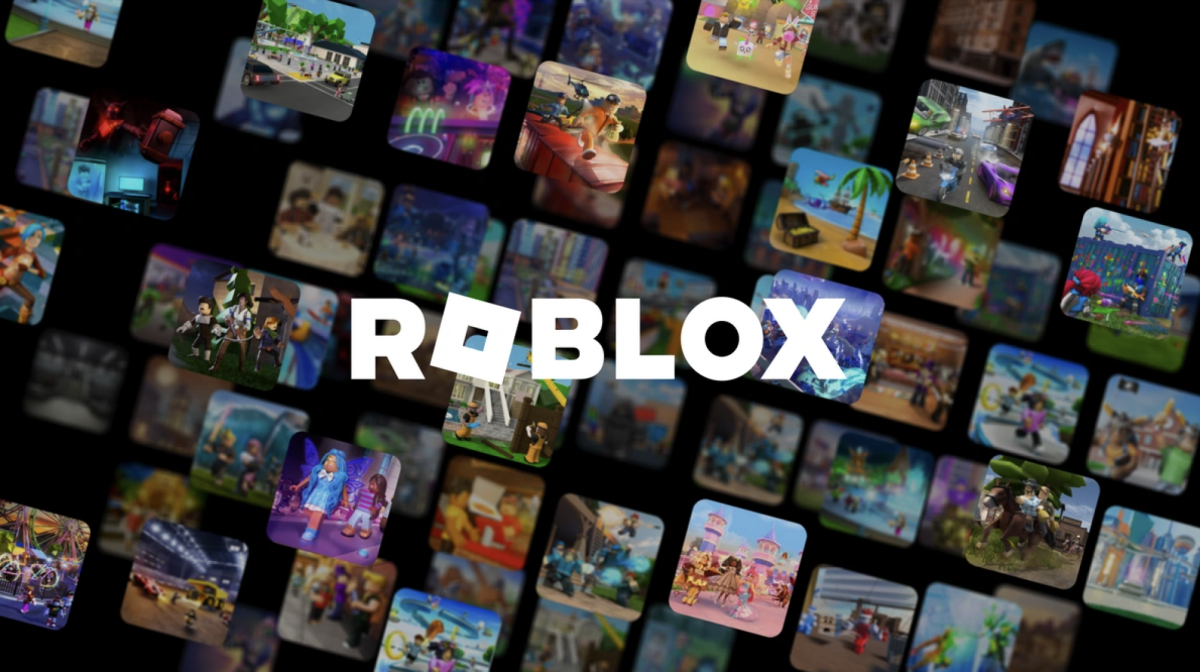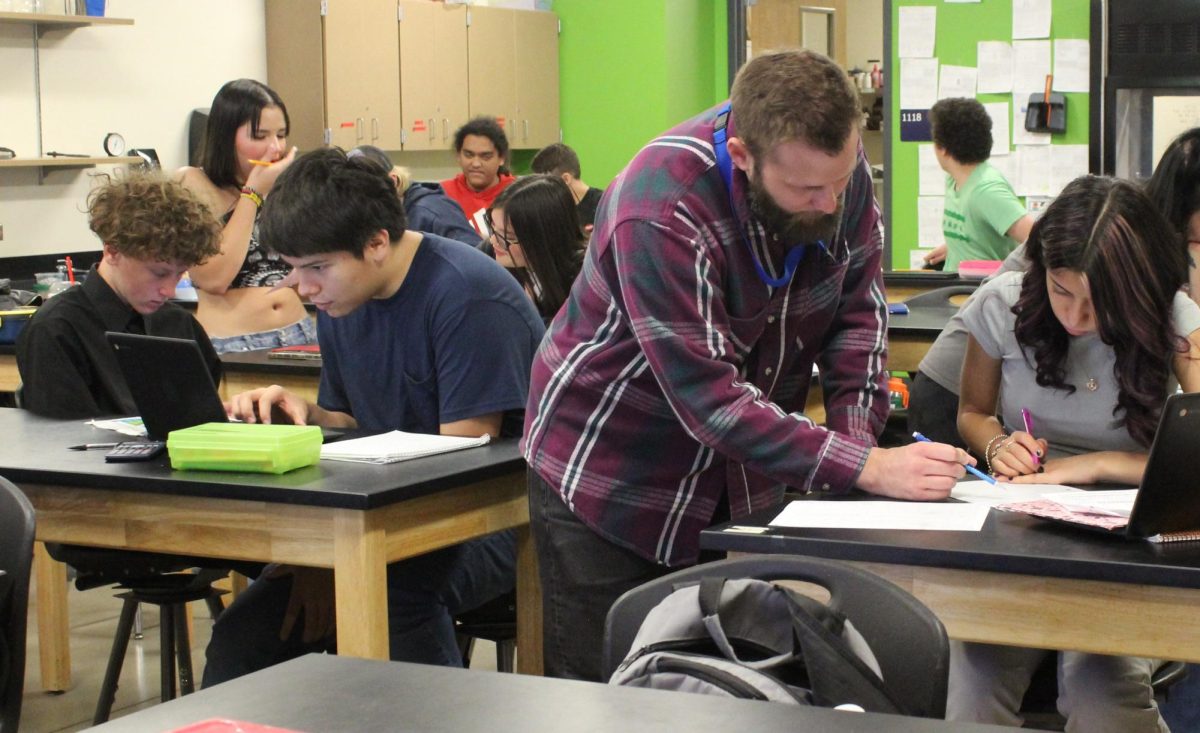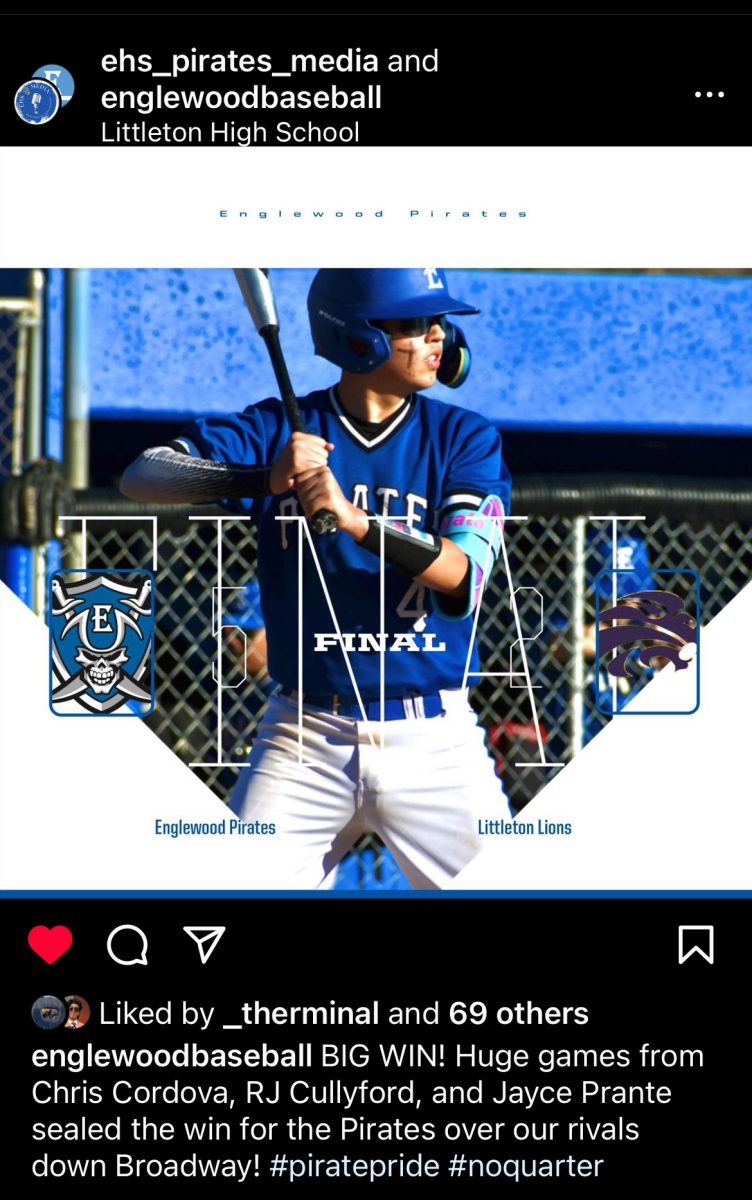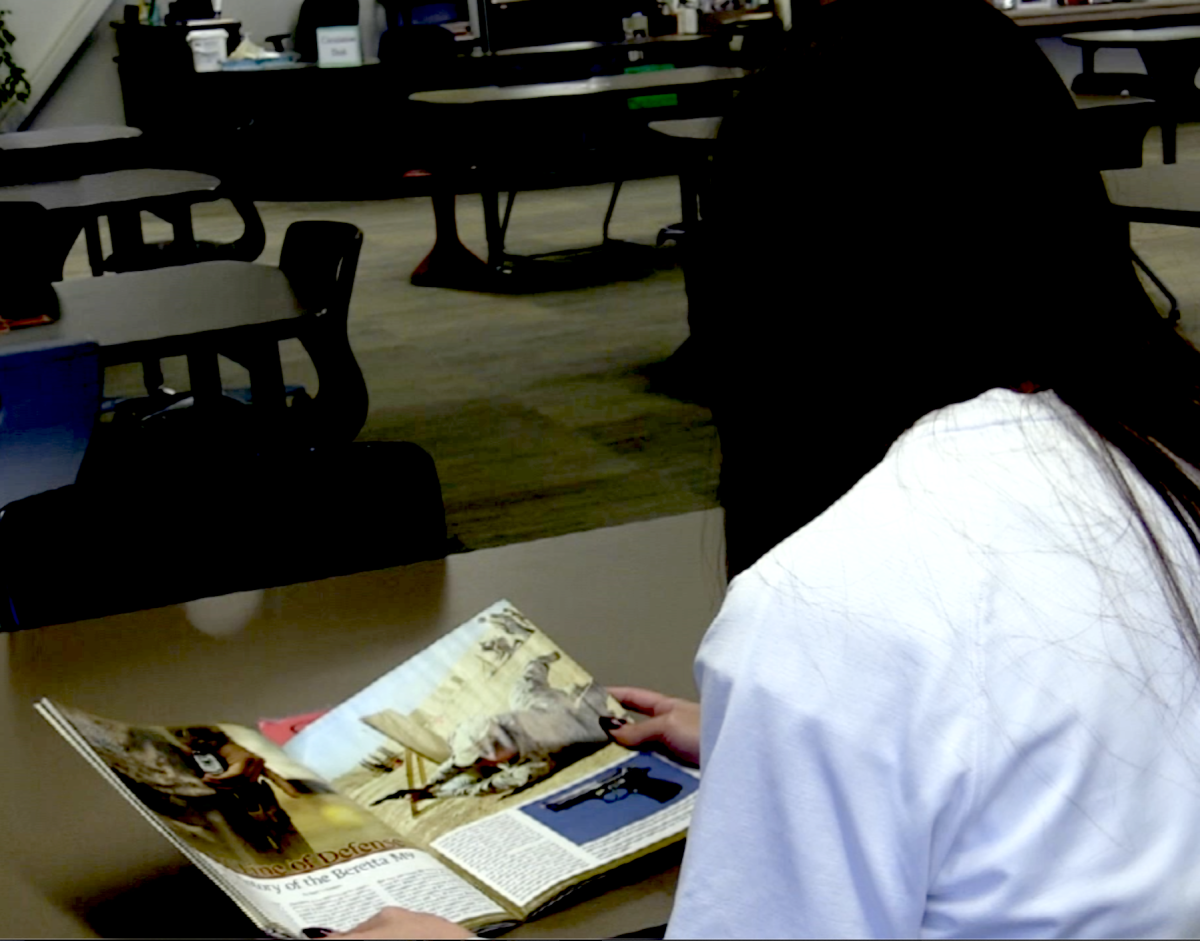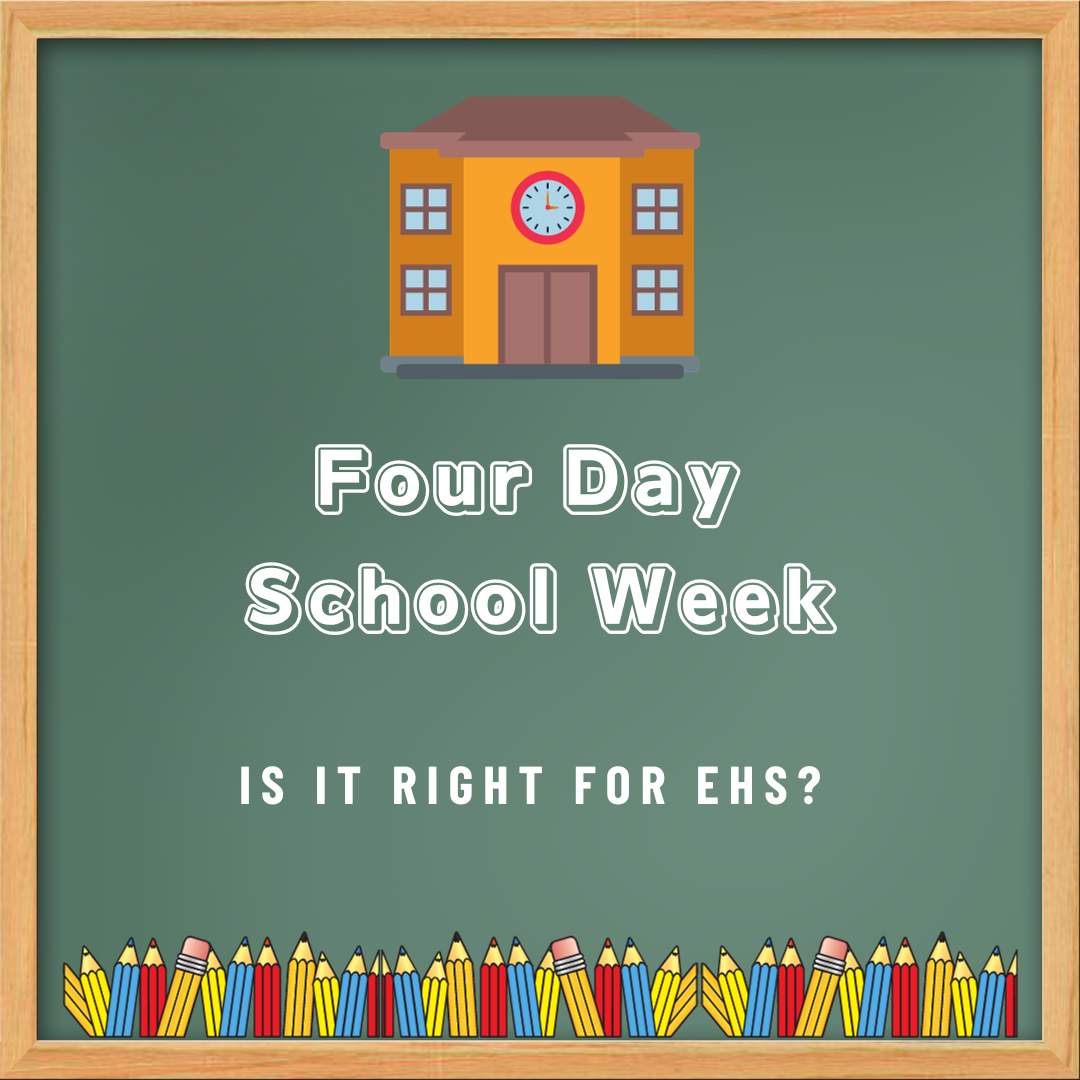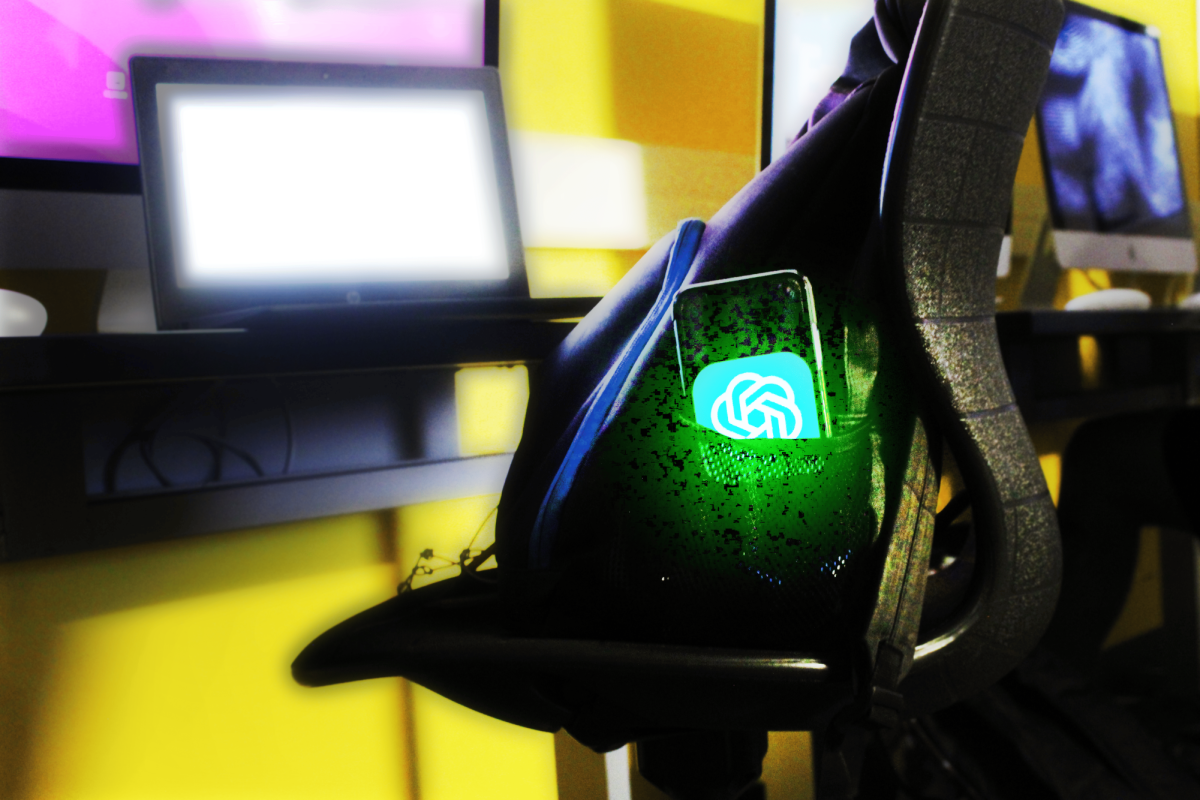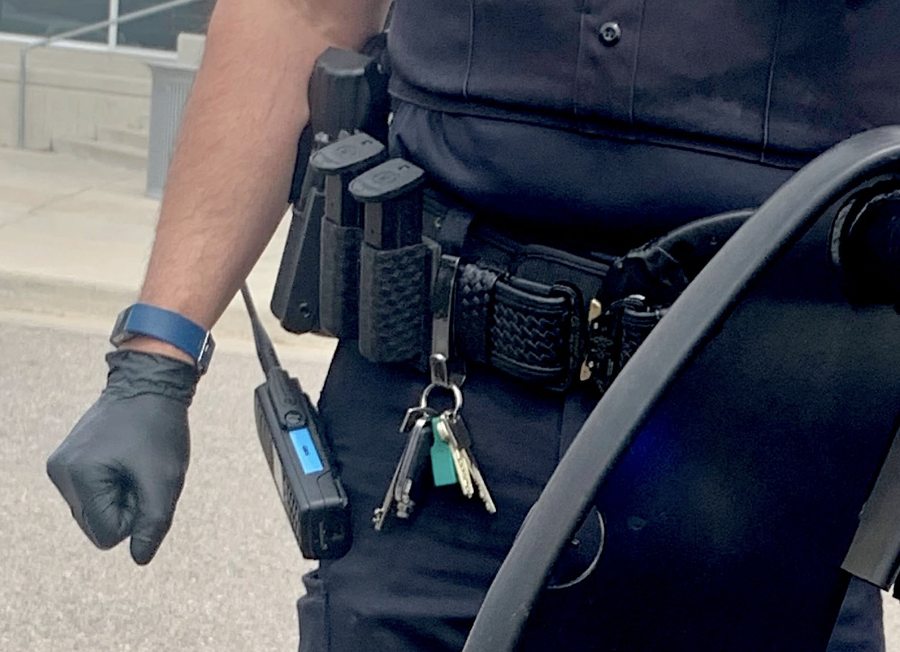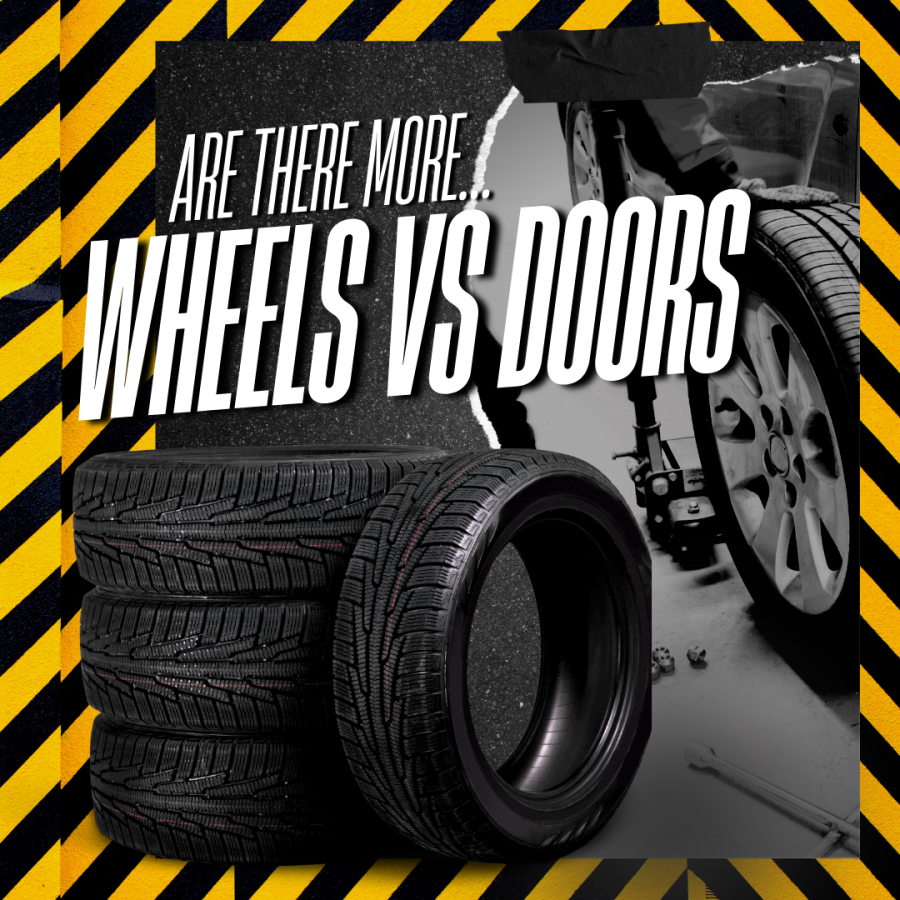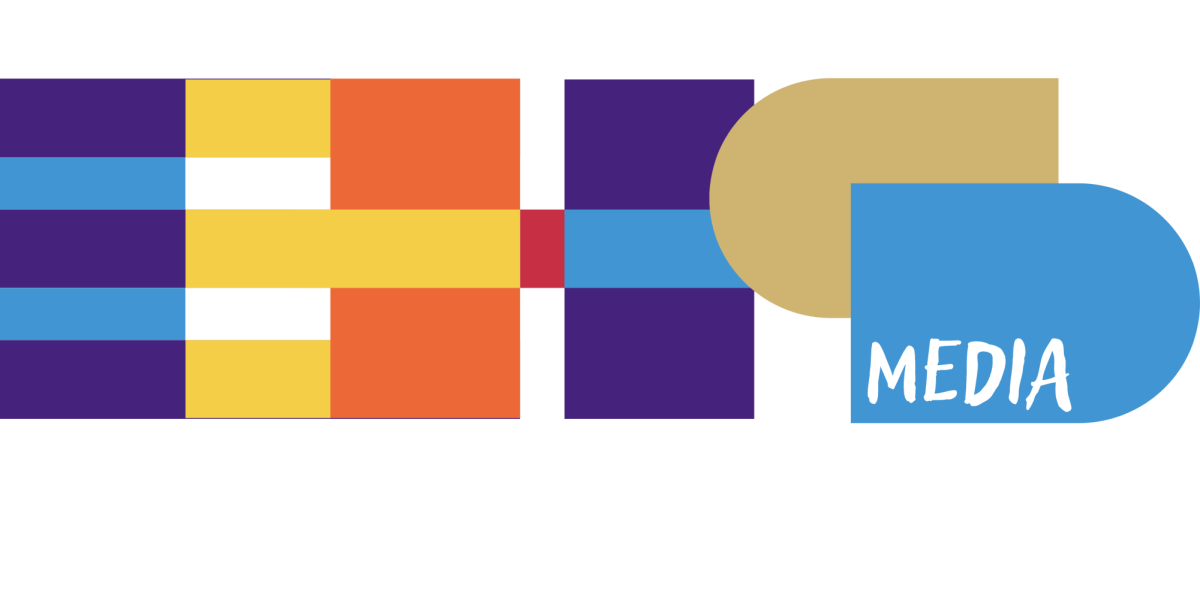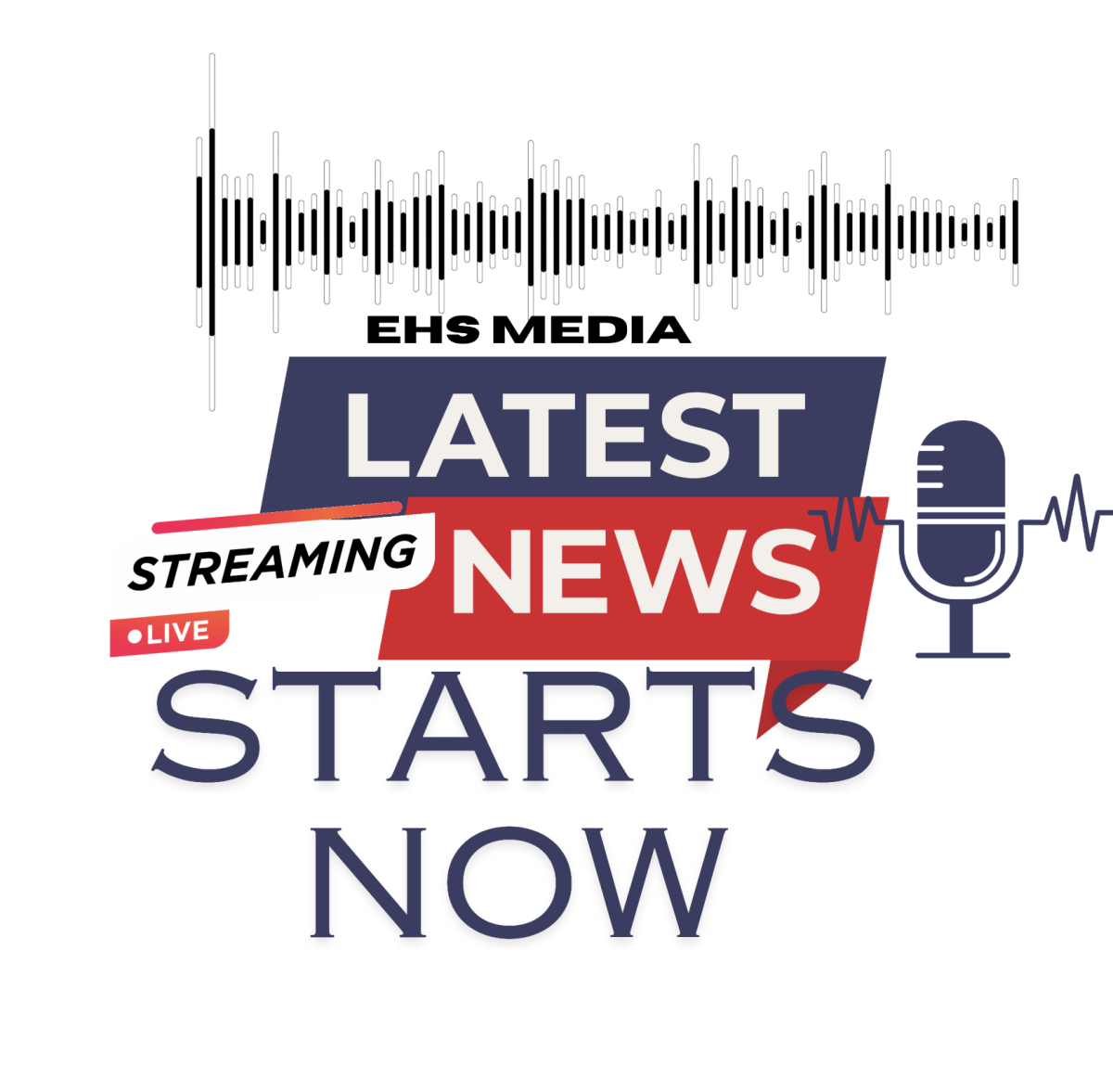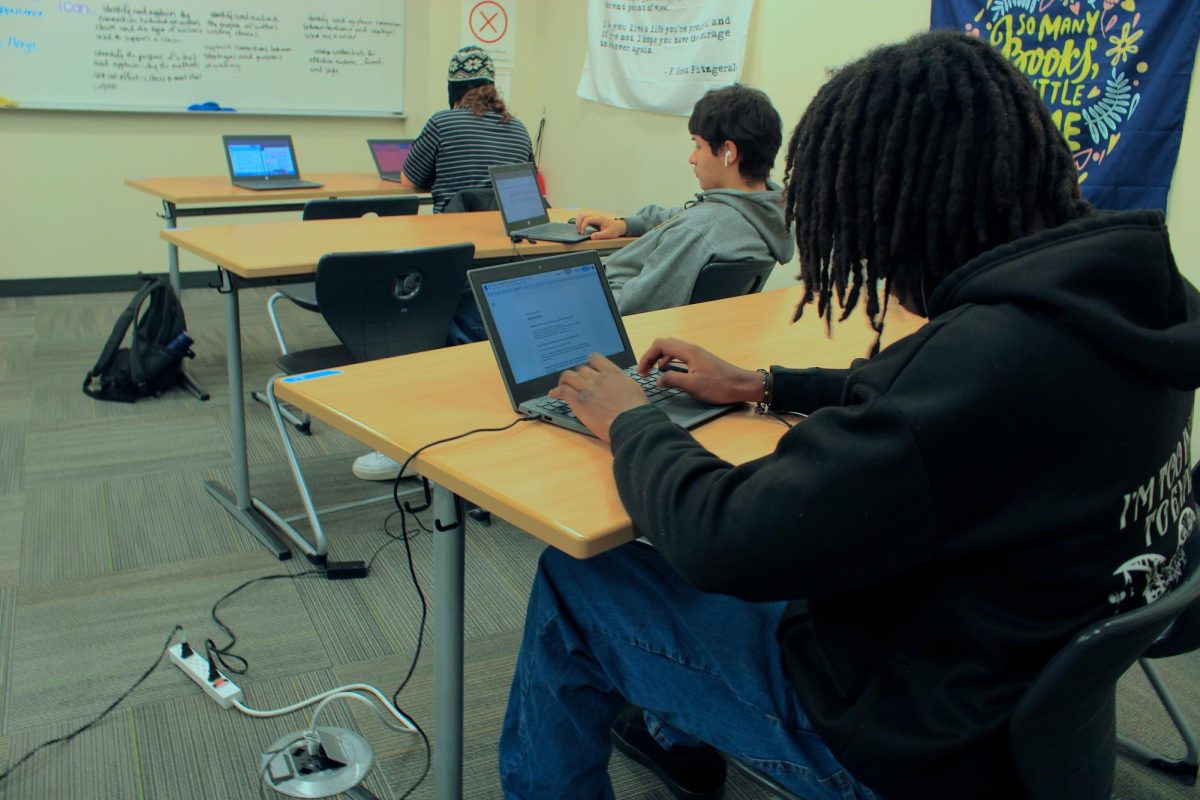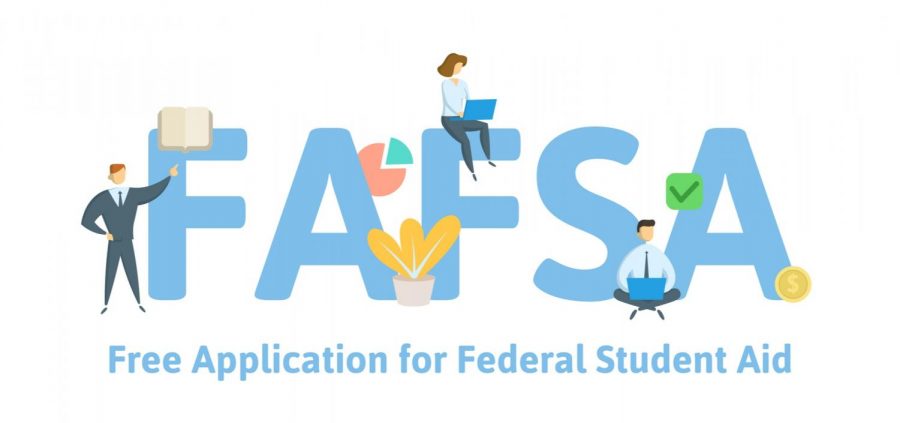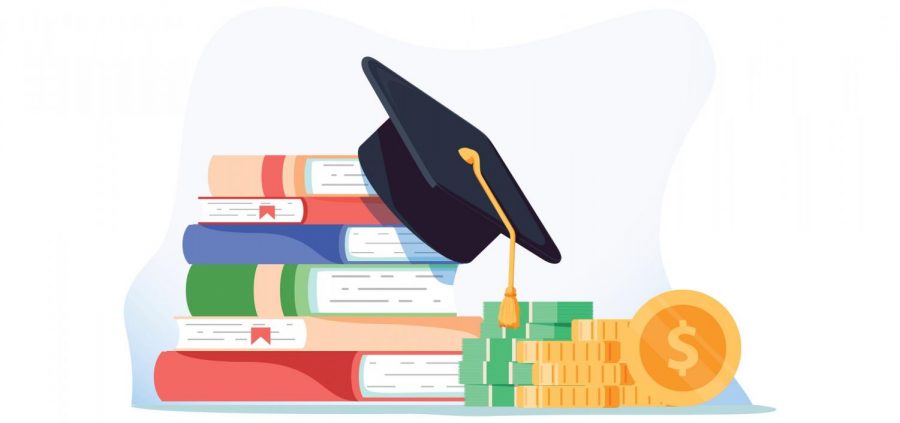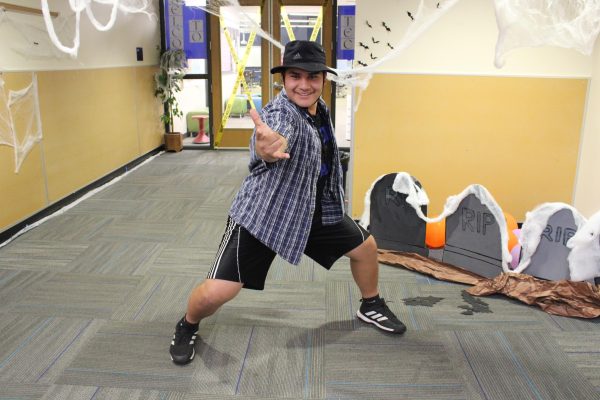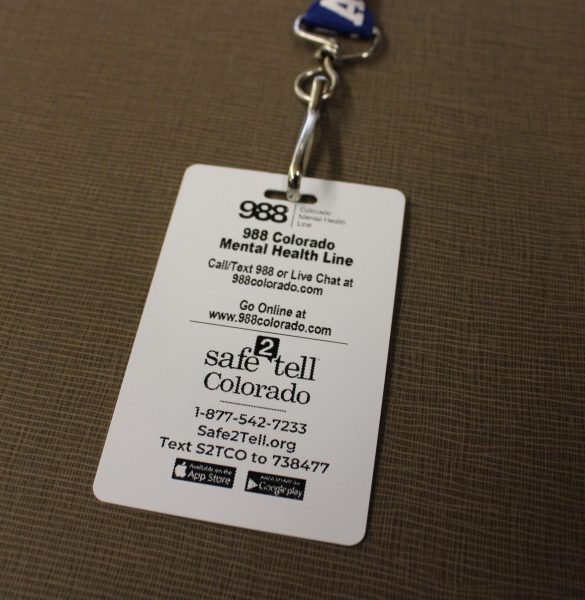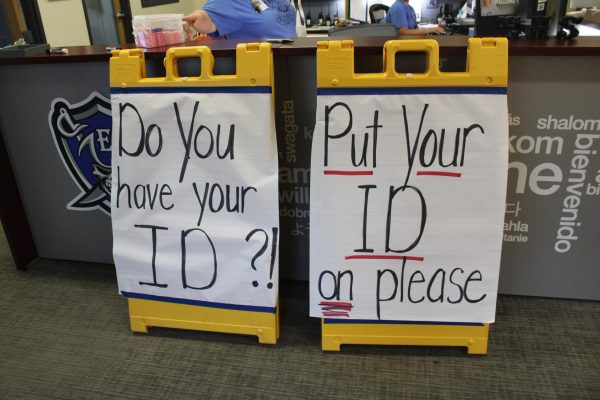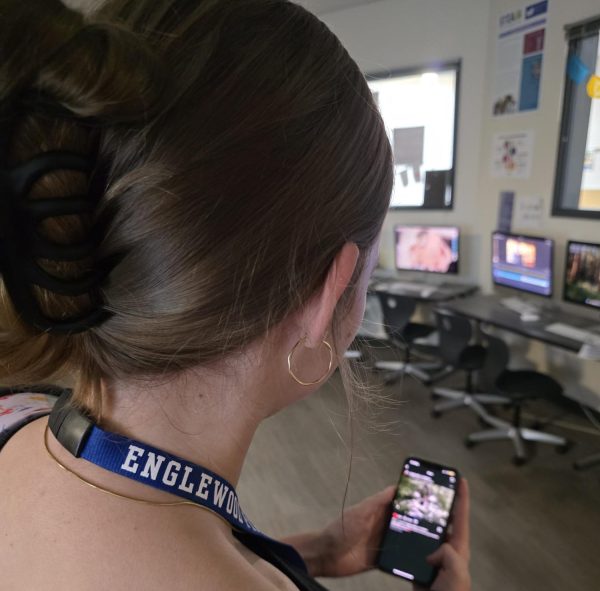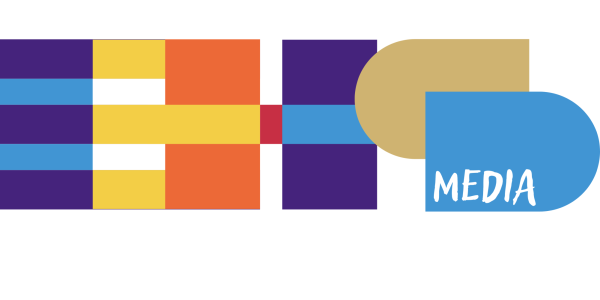After School App

https://afterschoolapp.com/
Some of you find it inappropriate… but a whole lot of you are using it after school!! It’s called the After School App.
“I find it funny that a lot of students say that the After School app is horrible and not worth it. But the second I get home to check my account, a lot of students are making posts,” says Morgan Evans (12).
She does use the app though. She is one of millions of young people in high schools nationwide using this smartphone app to anonymously share their deepest worries, secret crushes, and hatred towards other students.
“The after school app is garbage, students post awful things and not only that but you can’t identify other students,” says Kevin Leavy (12).
With the shield of anonymity, students say those who use the app have no accountability for their posts, and can openly gossip, call classmates hurtful names and even send threats. “I believe it is a positive thing that students are anonymous because when students talk bad about other students, it wont cause a bigger problem because nobody can identify anyone on the app, ” says August Miller (11).
Once you sign up, you pick a picture of an animal or some other emoji to represent you in the After School world. You pick your school then have to verify it through your Facebook or other social media account. You only interact with students at your own school. Teachers or school administrators who want to see if students are talking about them on the app are denied access unless they create a fake Facebook profile.
According to the “After School” app FAQ section on its website, the app is supposed to foster positive interactions. Here’s how it reads:
“After School’s one-of-a-kind features encourage positive and creative online and offline interaction. Teens can use the “Shout Out” feature to send a high-five or note of encouragement to anyone at their school. They can create polls to ask their fellow students’ views on the latest trends or an issue at their high school. Teens can use the “Would You” feature when they might be afraid to approach another student in person. “Would You” helps connect students based on shared interests”. However, it may not be what it seems. “Students do use these features but it doesn’t bring out positive vibes or help connect students better,” says Brittany Castro (12).
The site insists it is a safe environment and has measures to ensure students aren’t being harassed, “We take extraordinary steps to ensure a safe and secure environment for our users. This includes industry-leading identity and age verification to ensure users are a member of their stated high school, a zero tolerance policy against cyberbullying, both technical and human moderation, and a state of the art emergency notification system (FIRST) to immediately alert authorities in potentially dangerous situations”.
The After School app partners with the Crisis Text Line, and it says moderators look for students who may need help and connect them with a professional Crisis Counselor free of charge. “This feature is not effective at all. I’ve seen students that post things and seem to need help at times. But they never got the help that they needed. They need to update the app more so students actually receive the help that they need,” says Sydney Thorstad (11)
After School says, “When a student deems a published message to be offensive, he or she is empowered to remove it by a single click of the “report” button. This ability allows students to own and moderate their school’s feed, amplifying the positive After School experience for everyone. Posts on After School are overwhelmingly positive. Less than one percent of student posts are reported as being mean or offensive”.
“Students don’t do anything when their posts are negative. They like to bring students down because no one cares about the effect it has on the student body. The After School app is very inaccurate if only 1% of students posts are reported as mean or offensive. There’s more offensive posts on there than positive posts.” Mikayla Frye (9)
One feature parents can use in the After School app is controls to monitor or restrict their child’s use. The website contains numerous resources for parents as well. You can find them at https://afterschoolapp.com/faq/
The app has raised $16.4 million dollars for anti-bullying programs.
Your donation will support the student journalists of Englewood High School - CO. Your contribution will allow us to purchase equipment and cover our annual website hosting costs.
I am a senior at Englewood High School.

